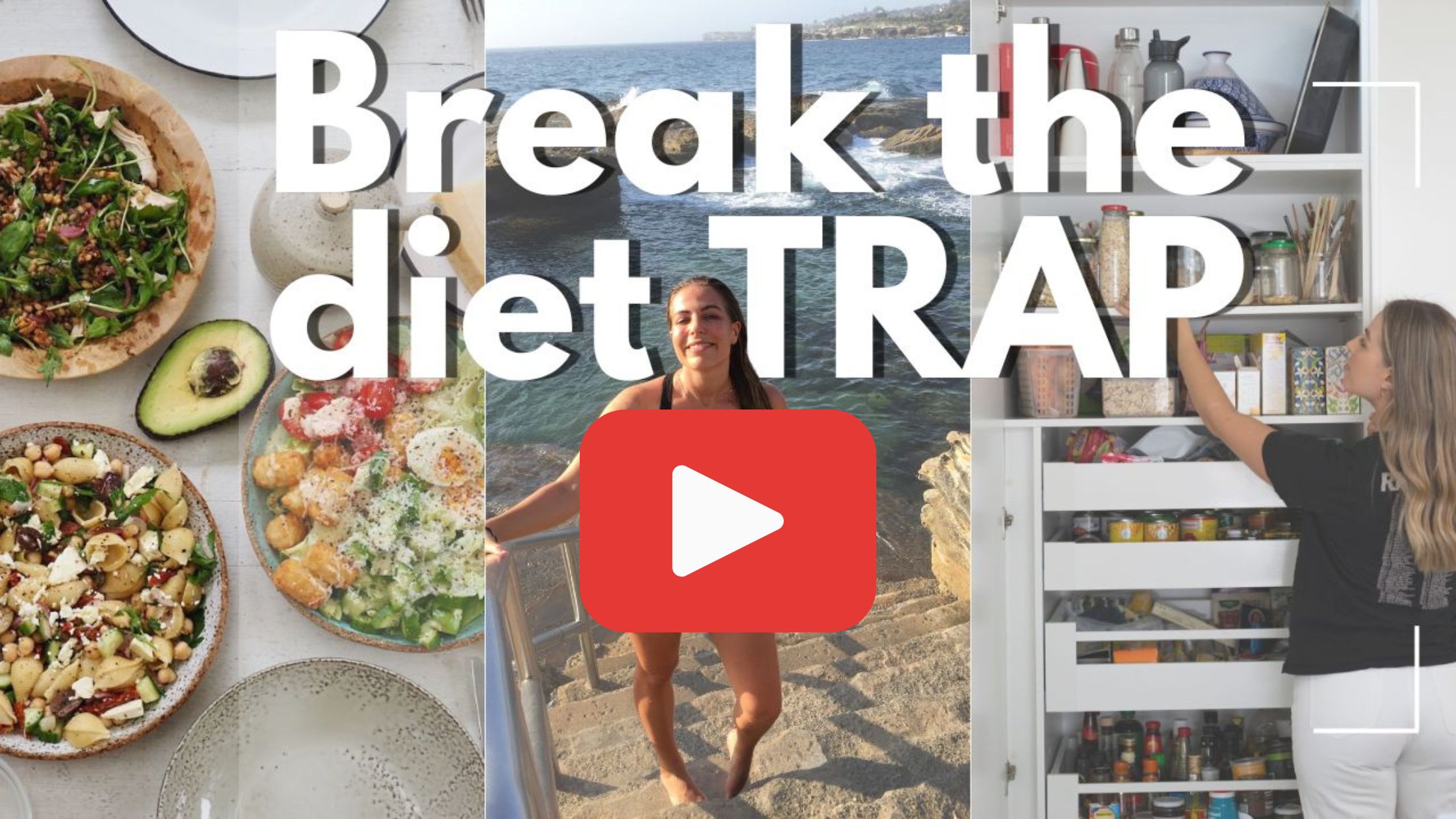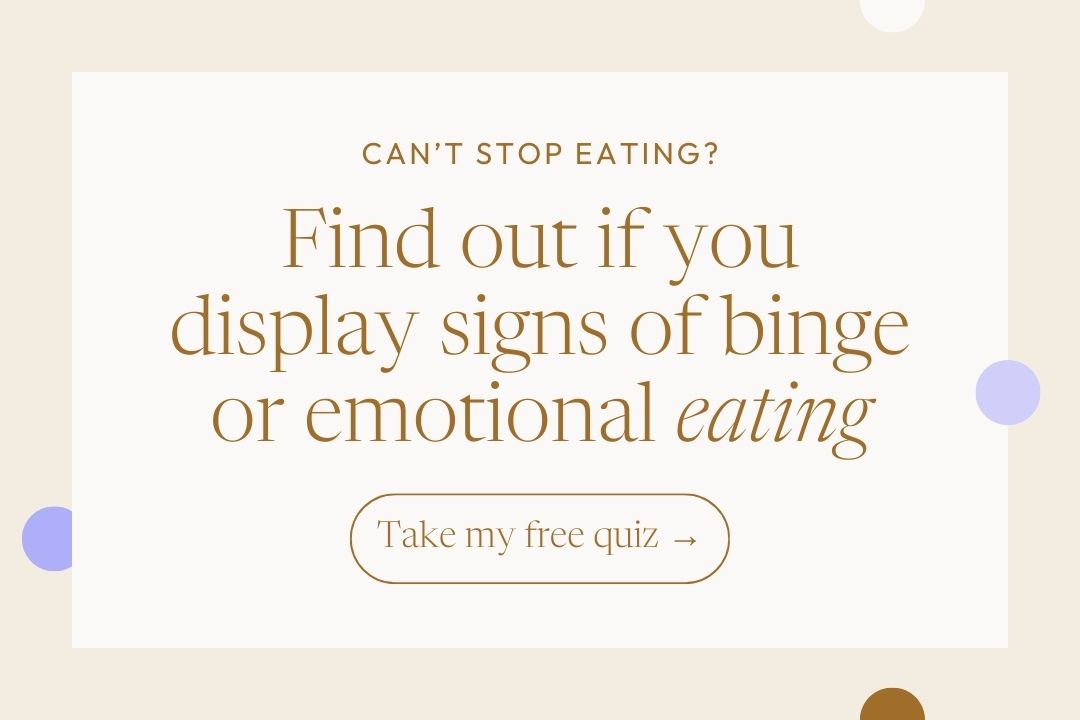We put a lot of trust in healthcare professionals. But they aren’t immune from diet culture. Or they may not even be health professionals…
Finding reliable health advice can be like trying to untangle a knot of conflicting information. One minute, oat milk is hailed as being a healthier alternative to cow’s milk, and the next, it’s deemed as toxic. So, how do we separate the genuine, science-based truth from all the wellness wankery out there?
Red flag #1: Questionable credentials
Let’s talk about healthcare professionals first. The ones shouting out advice left, right, and centre.
Now, it’s important to always keep in mind that just because someone calls themselves a “nutritionist” or “wellness guru” on Instagram doesn’t mean they’re always right. And remember, a big following on social media does not equal qualifications or clinical experience.
So, before trusting their advice, check their credentials. If they only did a quick online course- be careful. Real healthcare pros spend years studying and practising. Look into where they studied, ask questions, and make sure they’re legit.

Red flag #2: ‘Toxic’ messaging
It’s not all about the fancy diplomas and credentials. It’s also about the message these ‘health gurus’ are sending across. If their social media feed is filled with words like “detox,” “cleanse,” or “toxic,” it’s best to hit the unfollow button.
Genuine experts understand that health isn’t black and white. It’s nuanced. They acknowledge that what works for one person might not work for another. A lot of the time, these people make big, scary claims in a way to grab your attention. Make you scared and question what you should be doing. You might also find they offer a solution. One of which they most likely get a profit from.
So, if someone’s promising quick fixes or one-size-fits-all solutions- run. It’s probably too good to be true.

Red flag #3: Before-and-after photos
Before and after photos should be banned. Why? Because there is no end date to health. It’s an ongoing work in progress. And how you look isn’t the best indication of how healthy you are anyway.
Sure, these transformations might look impressive, but they only tell part of the story. Behind those images lies a complex journey of ups and downs, and often disordered eating behaviours. And let’s not forget the power of editing, lighting, and angles. A little tweak here, a filter there, and suddenly, you’ve got a transformation worthy of a magazine cover. But real life isn’t airbrushed, and neither are our bodies.
Red flag #4: BMI obsessed
Another red flag to watch out for? Anyone who’s obsessed with BMI.
Body Mass Index might sound scientific, but it’s a flawed measure of health. It doesn’t take into account factors like muscle mass, bone density, or overall fitness level. So, if your healthcare provider is fixated on your BMI to the exclusion of everything else, it might be time to find a new one.

Red flag #5: Fitness culture enthusiasts
THIS might be the biggest red flag of all: the toxic culture of gym bros and fitness fanatics. You know the ones always talking about “earning” your food, “working off” last night’s “indulgence’”. Or getting a “summer body.” It’s enough to make you want to throw your yoga mat out the window and dive headfirst into a tub of ice cream.
But here’s the thing: exercise should never be punishment. It’s not about “earning” your meals or “burning off” what you ate. It’s about feeling strong and energised.
So, how do we navigate this minefield of wellness wankery and find our way to REAL health?
It starts with a healthy dose of scepticism. Question everything, from the latest fad diet to the influencer hawking miracle supplements. Don’t be afraid to do your own research and seek out reputable sources of information.
But it also requires a healthy dose of self-awareness. Tune into your body and listen to what it’s telling you. If something feels off, trust your gut. And remember, true health isn’t just about what you eat or how much you exercise- it’s about finding balance in all areas of your life.
So, the next time you come across a wellness guru promising to cure all your ailments with a kale smoothie and a side of positive thinking, take a step back and ask yourself: does this sound too good to be true? Chances are, it probably is. But with a little bit of critical thinking and a whole lot of self-love, you can navigate the murky waters of wellness advice and find your own path to true health and happiness.
If you want more guidance with healthy eating – check out my Back to Basics app. It will help you take the guesswork out of planning, shopping and cooking to help make your life easier. PLUS you’ll find a whole bunch of healthy, non-diet (and freakin’ delicious) recipes and fun workouts to help you build healthy habits, that actually stick. Try it 7 days FREE!